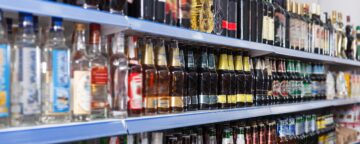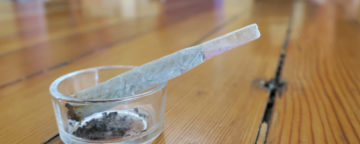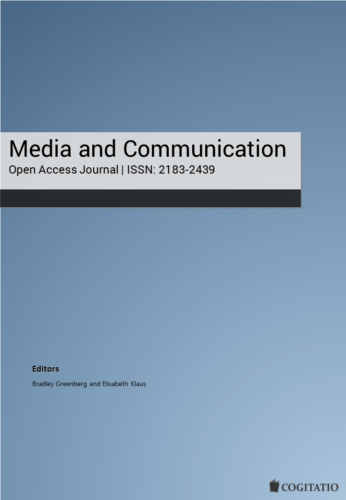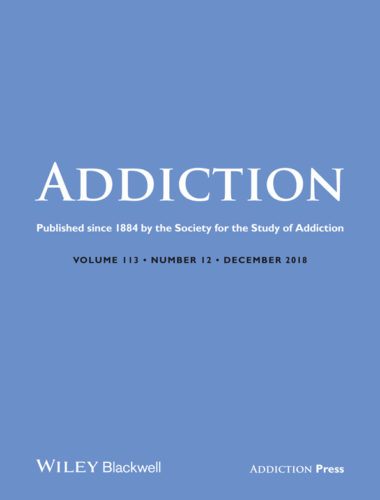A new paper by APPC and Penn psychologists suggests that harm reduction interventions for substance use increase the public's trust in local government.
Drugs and alcohol

Awareness Grows of Cancer Risk From Alcohol Consumption
Public awareness of the link between drinking alcohol and an elevated risk of cancer has grown since last fall, according to an Annenberg Public Policy Center survey.

Most Don’t Know That Alcohol Raises Cancer Risk
APPC data show that less than half of Americans know that regularly drinking alcohol increases the risk of later developing cancer.

Communities Can Increase the Prosocial Tendencies of their Authorities, Study Finds
A new APPC study shows that witnessing prosocial behaviors makes policymakers more likely to support prosocial policies.

Risk and Healthy Behavior in the American Adaptation of a Telenovela
In a pilot study, APPC researchers found that the American TV show "Jane the Virgin" features more risk behavior and less healthy behavior than the Spanish-language telenovela it was adapted from, "Juana la Virgen."

Does Teen Cannabis Use Lead to Behavior Problems – or Vice Versa?
Research finds that cannabis use among teens does not appear to lead to greater conduct problems or greater affiliation with other teens who smoke cannabis -- it's teens with conduct problems who are more likely to gravitate toward cannabis use.

Most Teens Avoid Rash, Impulsive Behavior, Study Finds
Only a subset of teens who engage in excessive levels of impulsive behavior, such as acting without thinking, later struggle with addictions or other problem behaviors, a study has found.


